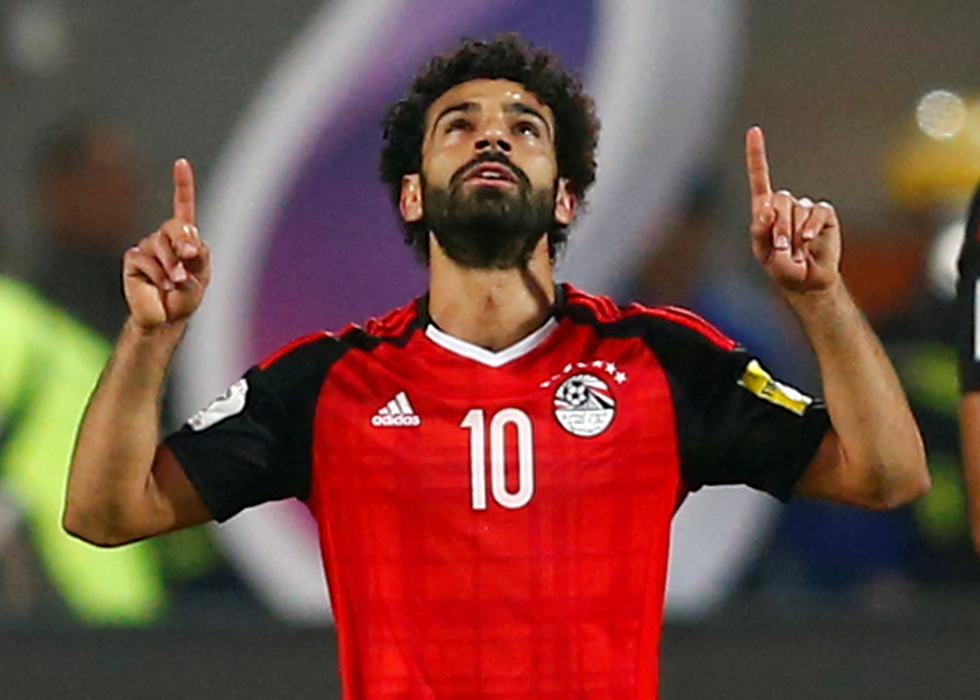FOOTBALL expert Ben Levene (@BenLevene96) discusses how Ramadan could play a part in Russia this summer.
The Basics
Ramadan is a month in the Islamic calendar when adult Muslims are required to fast from dawn until dusk. In 2018, Ramadan began on the evening of 16th May and depending on the sun and moon, is predicted to end between 13-14th June. Coincidentally, the World Cup kicks-off on 14th June.
I’ve tried to find out how this might impact upon performance…
At the 2014 World Cup, multiple Algerian players fasted before their Last 16 match with Germany. However, at the London 2012 Olympics, the UAE football team received dispensation not to fast on matchdays.
Under Islam, the fast can be broken ‘with anything that is adequate need’, or if you are travelling during the day. Mesut Ozil exercised this exception in the build-up to the 2014 World Cup, while Mohamed Salah did not participate in the fast during the three days leading up to the Champions League final.
The Evidence
In a 2016 interview with the BBC, former journeyman striker Nathan Ellington indicated that recovery following a game was problematic when observing Ramadan. He suggested it took “that bit longer”.
In March, Egypt boss Hector Cuper stated in a press-conference that the Egyptian FA had hired specialists to aid the squad. The Pharaohs manager admitted it could prove problematic, especially during training.
A 2007 study carried out by Zerguini et al looked to measure the impact of Ramadan on the physical performance of professional football players. They took a sample of two professional Algerian sides (55 players) and studied performance before, during, and after Ramadan.
The study found performance declined significantly in terms of speed, agility, dribbling and endurance. They concluded that dietary changes disrupted sleeping patterns. Crucially however, performance levels failed to reach their pre-Ramadan level in the two-week period following the end of the fast.
Similarly, a 2011 study by Chtourou et al concluded that Ramadan has similar negative effects on physical performance, especially during the latter weeks. They also suggested that fasting means players are at an increased risk of feeling fatigue. These physical and mental consequences are reinforced in the work of Al Mudahka et al.
Alternative worries are outlined by Shane Hayes, a High-Performance Physiotherapist, when he states:
“With Ramadan finishing a day before the World Cup commences this year, the effects of Eid al-Fitr might also be concerning for teams nutritional planning. Eid al-Fitr is traditionally celebrated elaborately, with families and friends congregating together, often eating large quantities of food. This overconsumption may cause issues.”
A possible solution proposed is that coaches can compensate for the month by training later in the day and reducing volume. This would allow players to fuel beforehand and recover after. This technique has been acknowledged by Oman gaffer, Pim Verbeek, who did similar when formerly in charge of Morocco’s under-23s.
Ramadan 2017
During the third week of Ramadan in 2017, Saudi Arabia travelled to Australia in a crunch qualification game and narrowly lost out 3-2. They outshot the Aussie’s 10-9.
However, Matt Jones (a Performance Nutritionist who worked for the Saudi Arabian Football Federation during 2018 World Qualification) has since stated there was a significant drop in distance covered and high intensity runs in the latter stages of the game.
World Cup 2018
According to Motez Bishara of ESPN, the bulk of the Saudi Arabia, Egypt, Iran, Morocco, Tunisia, Senegal and Nigeria squad observe the month, and have been brought up in cultures where fasting on training days is the norm.
From the research we can infer that, in the opening week or two of the World Cup, some negative physical and mental consequences following the observance of Ramadan may show.
Any effects will be most evident in the opening round of games due to hampered preparation. As the month will have ended, recovery following the opening games should not be an issue, although performance levels still may not be at their peak.
Iran and Morocco meet on Saturday 15th June in what is already expected to be a low-scoring game. ‘The Ramadan Effect’ will reinforce any edge opposing goals. Under 1.5 Goals is currently 7/5 (188BET), while ‘No’ in the Both Teams To Score market is 4/6 (Bet Victor).
Perhaps the quartet of outsiders, Saudi Arabia, Egypt, Tunisia and Nigeria could suffer in the latter stages of their games. The Second-Half Result and Time of Last Goal markets could be targeted.
TOPICS European Football Group A Group B Group D Group G Group H International Football Tips Premier League Tips World Cup 2018








